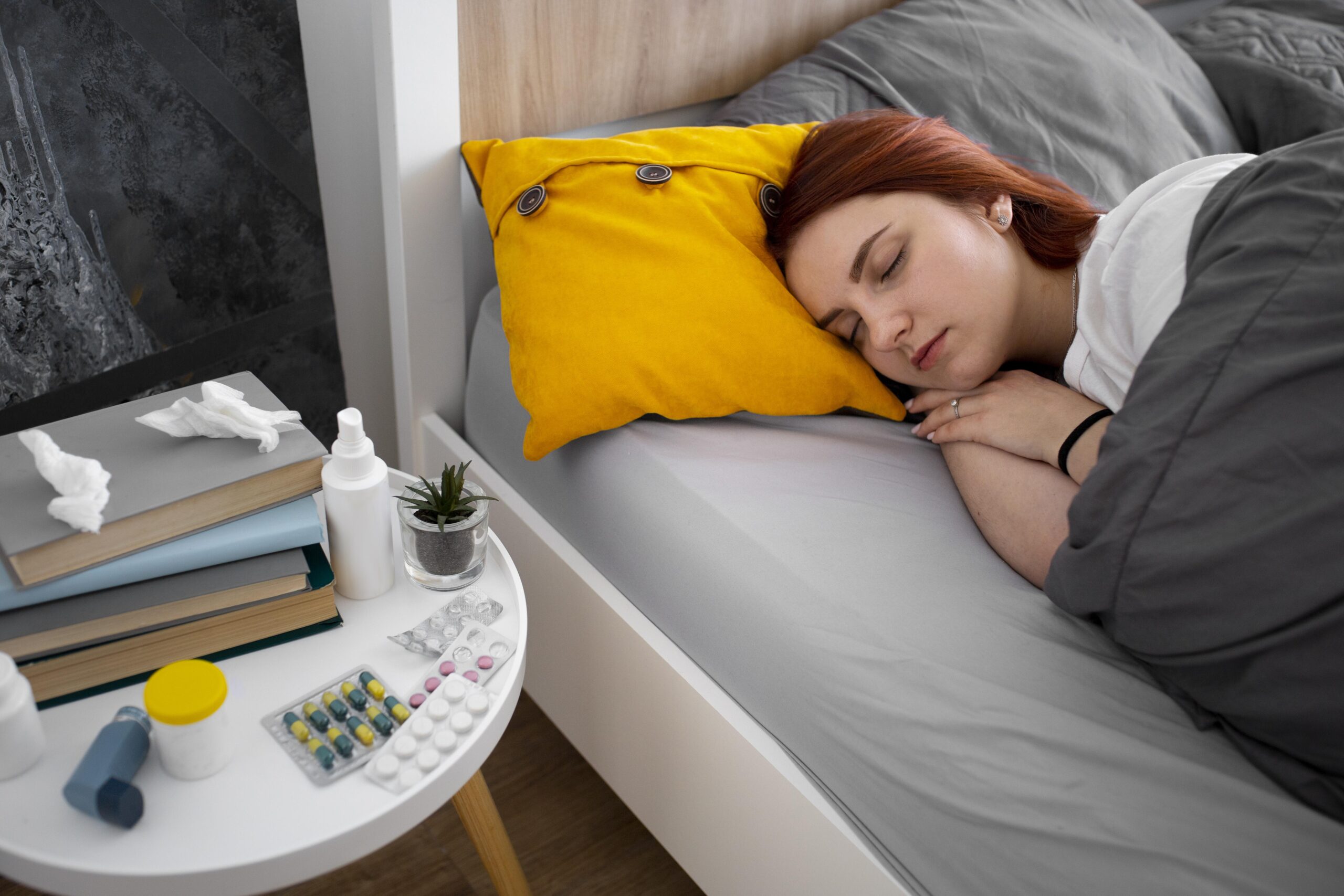How to Improve Blood Circulation While Sleeping
Blood Circulation is the body’s vital system, responsible for delivering oxygen and nutrients throughout and removing waste products. When circulation is poor, particularly at night, it can lead to a range of issues, including restless sleep, leg cramps, and even numbness. Fortunately, several simple yet effective strategies can help improve circulation while you sleep, promoting better rest and overall well-being.
Blood Circulation

Strategic Sleep Positions: Certain sleep positions can inadvertently restrict circulation. Avoid sleeping on your stomach, as it can put pressure on your spine and major blood vessels. Consider sleeping on your left side, which may improve kidney function and blood flow. Additionally, avoid crossing your legs or arms while sleeping, as this can constrict blood flow in those areas.
Maintaining a Healthy Sleep Environment: A cool and comfortable sleeping environment is crucial for promoting circulation. Excessively warm temperatures can dilate blood vessels, leading to sluggish circulation. Aim for a bedroom temperature between 60-67°F (15.5-19.4°C) and ensure proper ventilation.
Gentle Pre-Sleep Activities: Engaging in light exercise before bed, such as stretching or walking, can improve blood flow and ease muscle tension. Additionally, a warm bath with Epsom salts can relax muscles and improve circulation. Conversely, avoid strenuous exercise close to bedtime, as it can be stimulating and hinder sleep.
Hydration and Diet: Adequate hydration is essential for maintaining healthy blood flow. Aim to drink plenty of water throughout the day, particularly in the hours leading up to bedtime. Avoid excessive caffeine and alcohol consumption, as these can dehydrate and negatively impact circulation.
Seeking Professional Advice: If you experience persistent or worsening circulation issues, particularly those accompanied by pain, numbness, or changes in skin color, it’s crucial to consult a healthcare professional. They can assess the underlying cause and recommend appropriate treatment options.
How to Improve Blood Circulation in Legs While Sleeping
Many individuals struggle with poor blood circulation, particularly in their legs. This can lead to a variety of unpleasant symptoms like cramps, numbness, tingling, and swelling. Fortunately, several strategies can be implemented, specifically while sleeping, to improve blood flow and alleviate these discomforts.

- Elevate Your Legs: Gravity plays a significant role in circulation, causing blood to pool in the legs when you’re standing or sitting for extended periods. Elevating your legs above your heart while sleeping helps counteract this effect, promoting blood flow back towards the heart. Utilize a wedge pillow or stack regular pillows to achieve a 6 to 12-inch elevation.
- Engage in Stretching Routines: Regular stretching, particularly before bed, can significantly enhance blood circulation in the legs. Focus on gentle stretches targeting the calves, hamstrings, and quadriceps. These areas harbor large muscles that pump blood back to the heart. Hold each stretch for 15-30 seconds and repeat 2-3 times per leg.
- Maintain a Healthy Weight: Carrying excess weight places additional strain on the circulatory system, further hindering blood flow. Losing weight, even a moderate amount, can significantly improve circulation throughout the body, including the legs.
- Wear Compression Stockings: These specialized garments apply gentle pressure to the legs, aiding in blood flow and reducing swelling. Consult your doctor before using compression stockings, as they may not be suitable for everyone.
- Stay Hydrated: Adequate hydration is crucial for maintaining healthy blood flow. Aim to drink plenty of water throughout the day, including before bed, to keep your blood volume optimal.
By incorporating these simple strategies into your nighttime routine, you can significantly improve your blood circulation and experience a more restful night’s sleep. Remember, consistency is key, and these practices will have a cumulative effect on your overall well-being.
